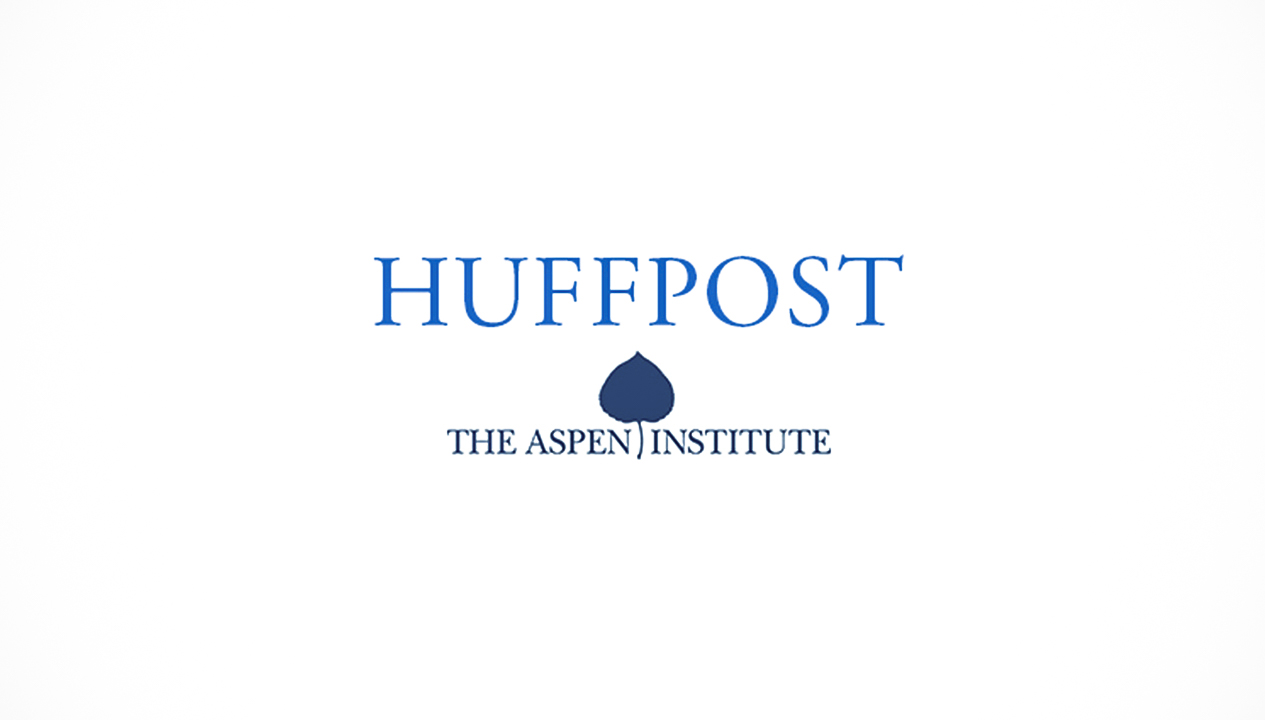This Huffpost reblog, written by Mariana Amatullo, in collaboration with the Aspen Institute, is part of a special blog series focused on the growing importance of social intrapreneurs (change-agents within organizations large and small who are fusing business success with positive social and environmental impacts) and the value they are adding to their organizations and society.
 Today, in a world that faces so many fast-evolving and interrelated social, political and economic challenges, intrapreneurship is a concept we believe we understand well. In the organizational climate of some of our most successful companies–where the generation of new ideas is treated as a vital task to explore places of invention–intrapreneurs are championed for their aptitude to develop new ventures and exploit new opportunities that can create lasting value within their organizations, and beyond.
Today, in a world that faces so many fast-evolving and interrelated social, political and economic challenges, intrapreneurship is a concept we believe we understand well. In the organizational climate of some of our most successful companies–where the generation of new ideas is treated as a vital task to explore places of invention–intrapreneurs are championed for their aptitude to develop new ventures and exploit new opportunities that can create lasting value within their organizations, and beyond.
The First Movers Fellowship at the Aspen Institute’s Business and Society Program spots and nurtures annual cohorts of remarkable intrapreneurs who are seeking to integrate social and business value in companies based in the U.S. and abroad. These are individuals acting as change agents, tackling complex problems that are hard to set boundaries around: exciting examples of fellowship ventures involve creating a new line of sustainable garments for Levi Strauss, imagining alternate futures for the beverage brands and businesses of PepsiCo, and designing consumer technologies that save money and the planet for ecobee, to name but a few.
Having accepted the invitation to attend this year’s First Movers Summit, I had a privileged perch from which to witness the deep commitment of the Fellows during the Summit’s two days of workshops. Settling into the Bauhaus-inspired campus of the Aspen Institute, I could not help but think it is fitting that we owe it to one of the 21st century giants of business and design, Steve Jobs, to have been one of the first prominent figures to embody the concept of intrapreneurship itself, bringing this generative skill set to the forefront of our media consciousness. Back in 1985, and long before the term entered our business lexicon, Jobs referred to the Macintosh team as “intrapreneurs” in a widely cited Newsweek interview where he associated the term with “a group of people going back to the garage, but in a large company.”
This image, of course, conjures many of the characteristic traits we associate with contemporary entrepreneurial activity at large: vision, passion, risk-taking, ambiguity tolerance, charisma, flexibility, and so on. What it captures less of is perhaps the purpose-driven enthusiasm (as in the Greek etymology of the word) and reflective awareness–so palpable in my exchanges with several of the Fellows–that defines many of the individuals who gravitate towards these pursuits.
As a design educator and researcher keenly focused on design’s emergent role as a strategic tool for social innovation in organizational practice, I am inspired by the uncharted territory of circumstantial situations that remind me of the capability we all have as human beings to be “free in action, responsible in society and wise in the pursuit of knowledge.” (McKeon, “Love and Wisdom: The Teaching of Philosophy,” 1964).
When I reflect on the skills that are critical for the success of disruptive social innovators, I go back to this trifecta that McKeon framed as part of a life-long journey of philosophical inquiry into the operative principles that govern our thoughts and actions. And thus, in order to both innovate and enhance our societal capacity to act, I would argue that exemplary social innovators are the ones who in many ways epitomize these three dimensions that McKeon underlined: 1) freedom in action, or the skill to pursue problem-discovery amid discontinuous change and organizational constraints; 2) responsibility in society, or the courage to embrace mindful stewardship; and 3) wisdom in the pursuit of knowledge, or the ability to learn from the pluralism of perspectives that shape our evolving understanding of the world around us.
Click here to meet the Aspen Institute’s newest crop of social intrapreneurs – the 2014 Class of First Mover Fellows including 2001 Art Center alumnus Safir Bellali.
Click here to visit the HuffPost Aspen Institute page and see more posts in the series.
